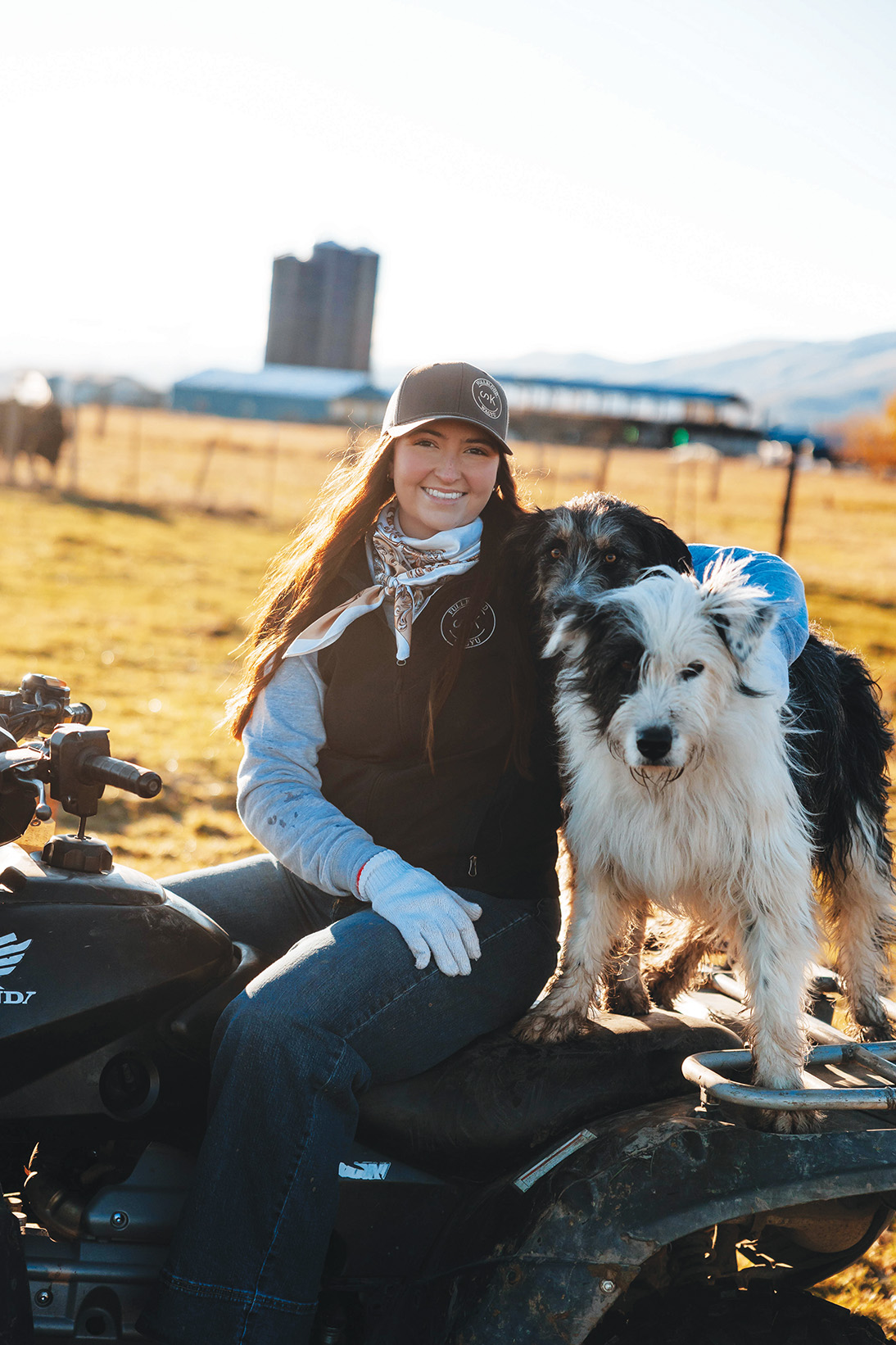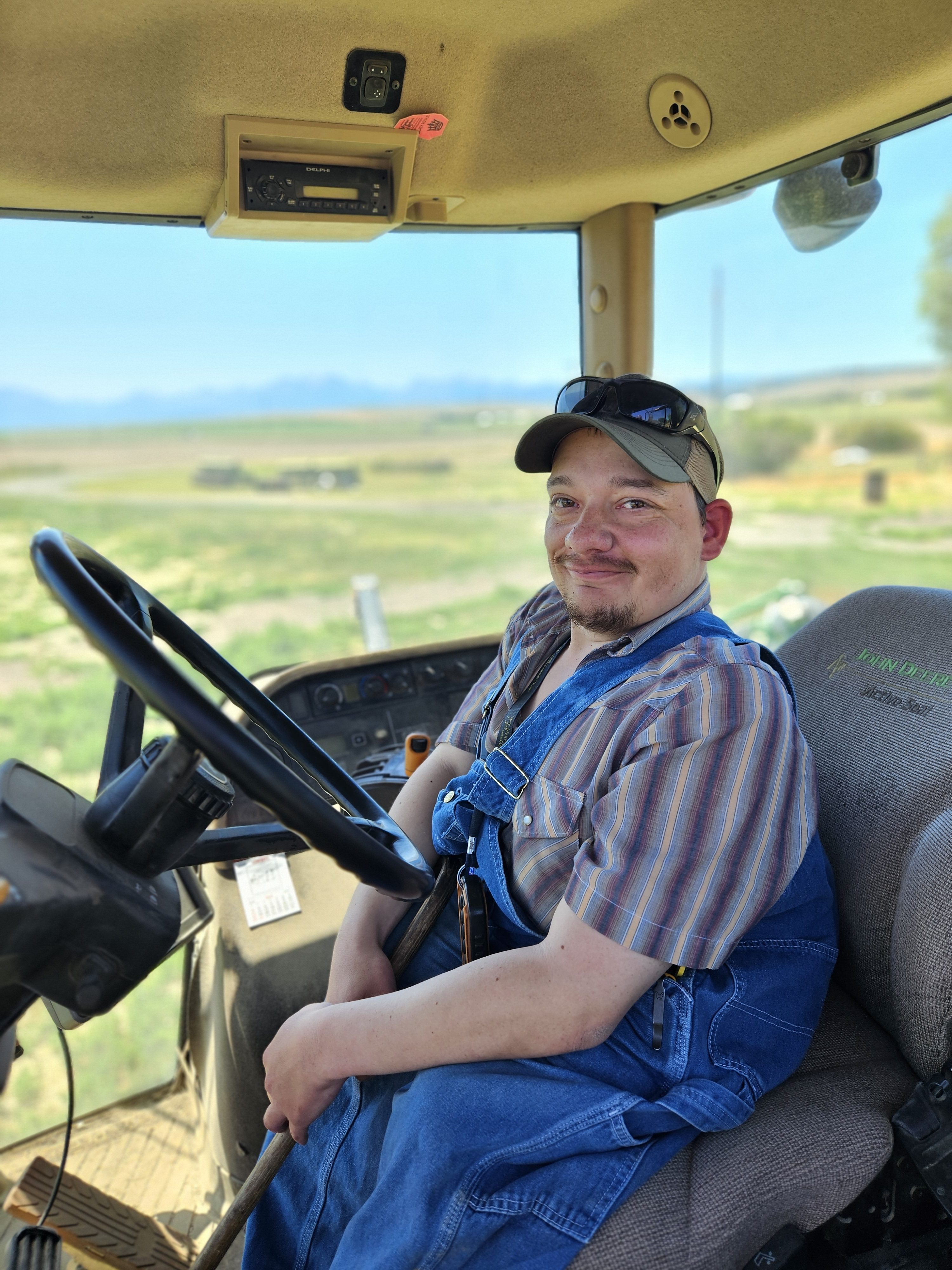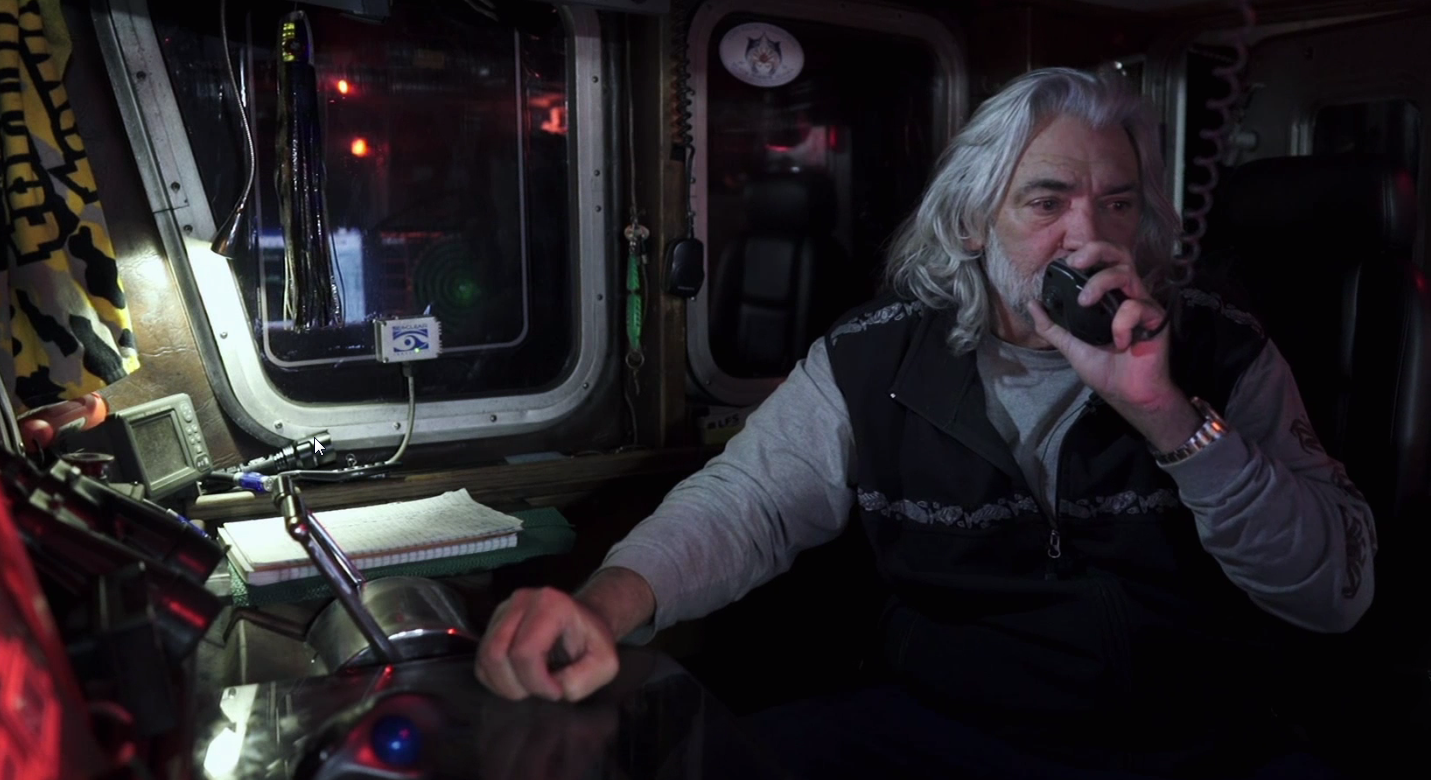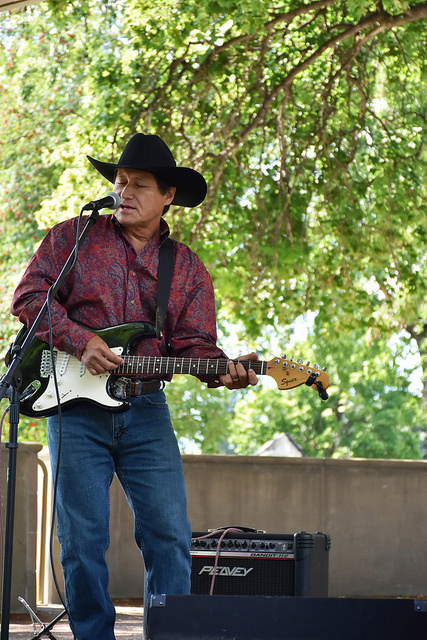The $1.5 million challenge: The Crossroads Carnegie project
Published 12:00 am Friday, April 4, 2008
By LISA BRITTON
Trending
Baker City Herald
Kathleen Chaves didn’t immediately accept the challenge of raising $1.5 million for the Crossroads Carnegie Project.
andquot;I did the grantwriting for the Sports Complex, and they wanted me to write the grants,andquot; Chaves said of the Crossroads board.
Trending
First, she did some investigating to better understand the Crossroads mission.
andquot;I started interviewing people associated with Crossroads,andquot; she said.
She soon decided the project was worthwhile.
andquot;I found (Crossroads) had affected a lot of kids,andquot; she said.
Plus, she has a place in her heart for the arts.
andquot;Where I fit in in high school was theater, art, music. I wasn’t athletic, and I was shy,andquot; she said. andquot;I understand the value of the arts to children.andquot;
She decided to take on the Carnegie Project, using the grant-writing experience she gained while working on the Baker Sports Complex project.
andquot;I started writing the story of Crossroads because that’s what grants need,andquot; she said.
Then she sent off some grant applications not exactly an easy task.
andquot;The idea of asking someone for $350,000 makes me nauseous,andquot; Chaves said with a smile.
The first responses weren’t too positive.
andquot;Most of them wrote back and said ‘no the community has to support it,’ andquot; she said.
Then she got one positive response for a challenge grant, which would match money raised locally.
andquot;No one took me up on it except for the Collins Foundation,andquot; she said.
That foundation offered to provide $1 for every $2 raised locally, up to $75,000.
A 2004 fundraiser and auction was planned in the old Carnegie Library to meet the goal of $150,000.
andquot;Before the evening of the fundraiser, we’d matched that challenge. That was cool,andquot; Chaves said.
The donations also gave Chaves her proof that Baker County supported the renovation of Carnegie.
andquot;It helps to have credibility, and credibility is that local fundraisers work,andquot; she said. andquot;People show up.andquot;
This support, she said, speaks to the original group of women who sought the grant from Andrew Carnegie.
andquot;The word the community made was a long time ago to Andrew Carnegie. Somewhere along the way we broke that promise,andquot; Chaves said of the building’s deterioration. andquot;We’re keeping our word to the generations that went before us.andquot;
After that first grant came in, Chaves sought additional money from other foundations and organizations.
Locally, the project first garnered grants from the Leo Adler Community Fund and Ash Grove’s charitable foundation.
Chaves said the Leo grant especially helped lend credibility to the project.
andquot;Most of the foundations in Oregon look to Leo for direction,andquot; she said.
And that grant money doesn’t come easy.
andquot;They come in person and investigate for themselves. I wasn’t asking for $25,andquot; Chaves said. andquot;These are business people. They want organized data, professionalism, local credibility.andquot;
Chaves wasn’t in this alone, and she’s quick to list off those who’ve helped make the Carnegie Project happen.
andquot;Volunteers are the backbone of this community,andquot; she said.
And the local support? Take tonight’s grand opening gala as an example about 90 percent of the $50 tickets were purchased by locals.
Though there’s only space for 300, the Crossroads board sent out 800 invitations.
andquot;We’ve kept the list of anyone who’s given anything to Crossroads since 2002,andquot; Chaves said. andquot;We wanted them to know it’s happening. Because of them, this vision became a reality.andquot;
Chaves said fundraisers will be part of Crossroads’ future to help sustain operations, programs and classes.
Public input is also welcome about what classes to offer.
andquot;It’s the feedback from the community that’s feeding what Crossroads does new,andquot; Chaves said.
Crossroads Art Center’s hours are, for now, 10 a.m. to 5 p.m. Monday through Saturday, beginning Monday. Permanent hours will be set in the near future.
The phone number is still the same: 523-5369.









